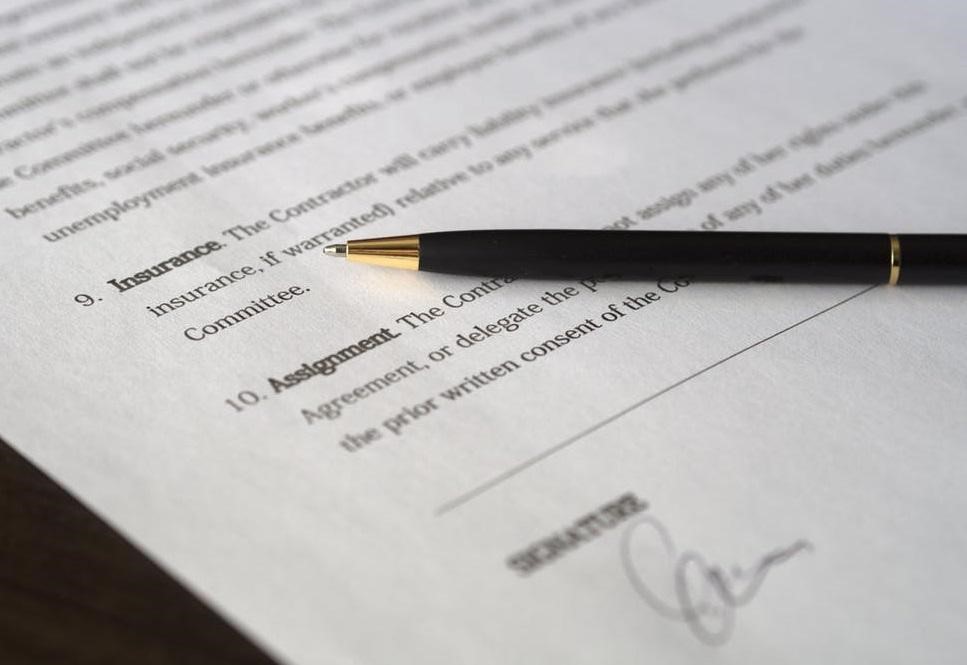When a residential building needs to have repairs done, big or small, co-op and condo boards generally will sign a standard agreement that has been created previously by the American Institute of Architects (AIA). These agreements are created by the contractor who is hired to perform the work. Regrettably, these agreements often provide board members with a false sense of security; many agreements are written in favor of the contractor. This is why it is imperative to hire a construction attorney to review your contract.
Boards who have elected to sign a contract without construction lawyers NYC signing off on it, generally find themselves in the middle of disputes over defective work, delays in completion, or unanticipated cost. This proves to be a valuable learning experience, as an ounce of prevention on their part could save them thousands of dollars in uncovered losses and legal fees.
Here are six reasons why it is advisable to have an attorney review your contract before your project gets started:
- You want your project completed on time. In most AIA contracts, a clause for liquidated damages is generally missing. This is an important part that should be included, as it gives the contractor who is preforming the work a financial incentive to complete the contracted work on time.
- Know who is performing the work. Depending on the project, subcontractors may be required to complete the project. Therefore, the property owners should know who is going to be hired by the contractor to complete the work. For example, if you are having the exterior of your house decorated, be sure to do your research on local vinyl siding contractors, if this is the case. Better safe than sorry as they say.
- Lump sum to complete the work. No one likes to be surprised by additional costs required to complete a project. The agreement that is signed should include the lump sum necessary to cover all labor and materials of the project.
- Clear warranties outlined. A contract should contain clear warranties covering labor and material, both from the manufacturer and the contractor. The length of the warranty will be dependent on the type of work that is being performed and should be outlined in the contract.
- Protection against accident claims. The contract should state that the contractor shall indemnify and hold harmless the co-op/condo and all its managing agents, board members, officers, directors, employees and agents against any claims that arise from the performance of the work being done. In order to guarantee that obligation, the contract should explicitly require that the contractor be fully insured, including workers’ compensation, liability insurance, property insurance, auto and completed operations insurance. Additionally, each policy should list the property owner as additional insured.
- Pay for a job that is not only complete but is done right. A contract should include a provision that requires the work completed to be approved by the owner’s architect as a condition to payment. Additionally, there should be a clause that provides the owner with the right to withhold retainage (generally 10%) to incentivize the contractor to complete all work, including “punch list” items. The contract should also contain a clause that provides the owner with the right to stop payments if the work is not being performed properly or if the contractor is in violation of the contract.
At the office of Warren S. Dank, ESQ., P.C. we have extensive knowledge in contracts and have experienced construction lawyers NYC who can review contracts to ensure you are protected. An experienced and knowledgeable attorney can review contracts prior to signing to ensure that all the necessary components are included, guaranteeing you payment, no unexpected charges, and completion on time.
Contact Warren S. Dank, ESQ., P.C. today for professional and experienced advice regarding all contracts.

